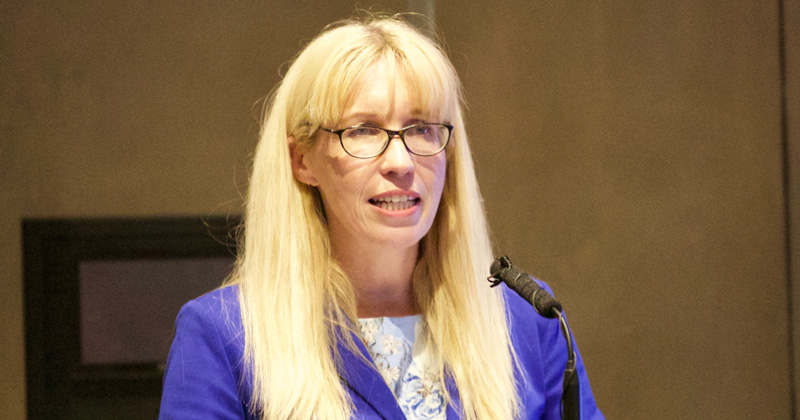Exam boards will be expected to check teaching plans and materials, monitor social media and track “unusual” exam results under new rules proposed to tackle cheating by teacher-examiners.
Teachers who help write exams in their spare time will also have to make an “annual declaration” that they are complying with strict rules around confidentiality, and exam boards will have to update how they manage conflicts of interests.
Ofqual, the exams regulator, has launched a consultation on a wave of reforms designed to reduce the risk of cheating by teacher-examiners.
It is essential that those who take or otherwise rely on qualifications have the upmost confidence in the outcomes
The shake-up was first announced last December, following allegations of cheating at some of the country’s most prestigious schools last summer, including Eton and Winchester College, where some pupils had their results nullified.
The watchdog is now consulting on how it should amend its current rules to “explicitly set out” the steps awarding organisations must take to protect the integrity of assessments, and on the new rules it will put in place to enforce the rules.
The events of last summer demonstrated how public confidence in qualifications “can be damaged if confidential information about assessments is wrongly used”.
Last year, penalties were issued to over half of the estimated 1,300 school and college employees involved in writing exam papers in England. Although the majority of the 685 penalties were related to maladministration, there were three proven cases of inappropriate disclosures by teachers who were involved with developing assessment materials.
Under Ofqual’s proposals, exam boards will have to keep a “full and up-to-date register” of conflicts of interest. Teachers who see confidential test information will be required to say where they work and what they do.
The regulator is also considering how to amend its rules to “best highlight the importance of mitigating risks where teachers are used to develop assessment materials, and make clear that all awarding organisations must consider these risks”.
The chief regulator Sally Collier said there is “no one-size-fits-all solution to the challenge of maintaining confidentiality” but warned it is “essential that those who take or otherwise rely on qualifications have the upmost confidence in the outcomes”.

For each teacher involved in writing exams, boards will be expected to consider how much they know about the individual test, their role in delivering the qualification in schools, and the “potential incentives” when deciding what safeguards to put in place.
If confidential material is leaked in future, Ofqual will consider whether exam boards used “all suitable safeguards” and took “all reasonable steps” to prevent the leak in deciding what sanctions to impose.
Boards should consider other safeguards: not using serving teachers in developing assessments, preventing them from teaching the qualifications they are involved in developing, and ensuring no teacher is involved with more than one assessment for any given qualification.
Ofqual also suggests exam boards draw up clear contractual arrangements setting out the obligations of teachers, directly contact schools to emphasise the importance of ethical practice and consequences of wrongdoing, and require “annual declarations” from teacher-examiners that they are complying with obligations to protect the confidentiality of assessment materials.
To detect cheating, the regulator wants awarding organisations to review assessments of any students whose teachers had prior knowledge of exams. This would mean sampling teaching plans, materials and formative assessments, monitoring social media to look for signs confidential information has been disclosed, and using statistical monitoring to look for unusual results.
Ofqual says it expects “significant progress” to have been made in safeguarding assessments by summer next year, with “fully revised approaches” in place by 2020. The consultation closes on April 25.







Your thoughts